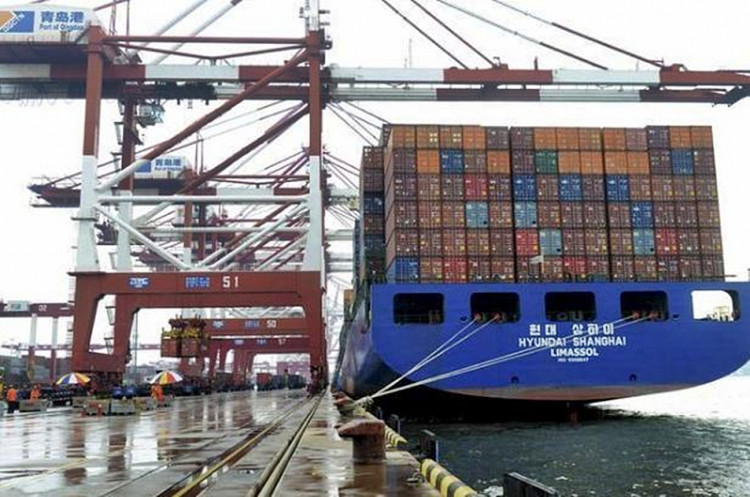Sources in Washington D.C. said China's written response to U.S. demands for broad structural reforms to its economy and how it does business contained no major concessions and merely restated its previous positions on the trade war.
Multiple U.S. government sources yesterday confirmed China had indeed sent the letter, a move some expect might trigger more formal negotiations to resolve the trade war Trump ignited with heavy tariffs on China beginning July.
One of the sources with knowledge of China's response said the letter restated pledges made by Chinese president Xi Jinping in recent speeches, which promised cooperation but exonerated China from any of the wrongdoings claimed by Trump. In the letter, Xi also demanded the United States lift tariffs, including those set by the Section 232 investigation into steel and aluminum imports, before any meaningful negotiations can take place.
"They are not close to a favorable deal on trade. Not in the same universe," said the White House source, cited by media.
Should this be the case, it seems doubtful if Trump's meeting with Xi on Nov. 30 in Buenos Aires, Argentina will produce anything as dramatic as Trump suspending his trade war against China. What seems more certain, however, is Trump will impose tariffs of 25% on a wide range of Chinese imports to the U.S. starting Jan. 1, 2019.
Trump imposed tariffs on $250 billion of Chinese imports in July to force China into making concessions. China has struck back with import tariffs on U.S. exports.
Trump claims his tariff war will protect U.S. intellectual property, and slash the massive U.S. trade deficit with China. The deficit, however, grew from July to September. The U.S. is planning a new round of tariffs targeting $257 billion worth of Chinese imports on Jan. 1, 2019. Trump is using this threat as a bargaining chip in his upcoming meeting with Xi.
The Trump administration has remained adamant it will not start formal negotiations on trade until it saw concrete proposals from China to address its concerns.
Last week, Xi said he hopes China and the U.S. will be able to build a steady and healthy relationship. Speaking on state-run television, Xi said trade teams from China and the U.S. should strengthen contact. Both countries should also conduct consultations on issues of concern to them. Both countries must promote a plan that both can accept to reach a consensus on the China-U.S. trade issue.
Chinese sources have been unanimous in stating the Jan. 1 tariff increase will imperil efforts to reverse trade tensions. Preventing this is one of the major goals Chinese officials are working hard on.






